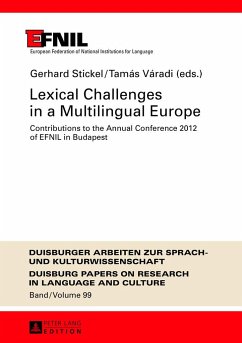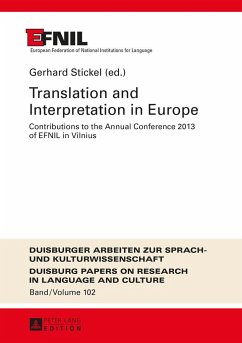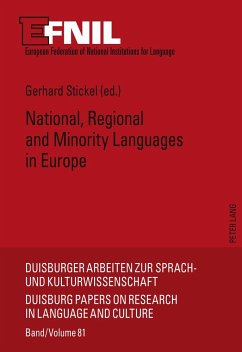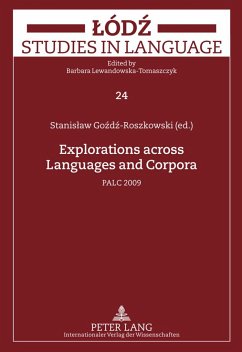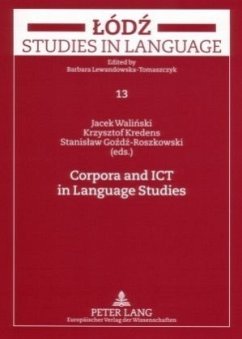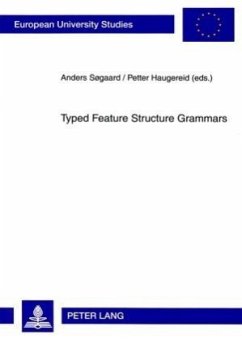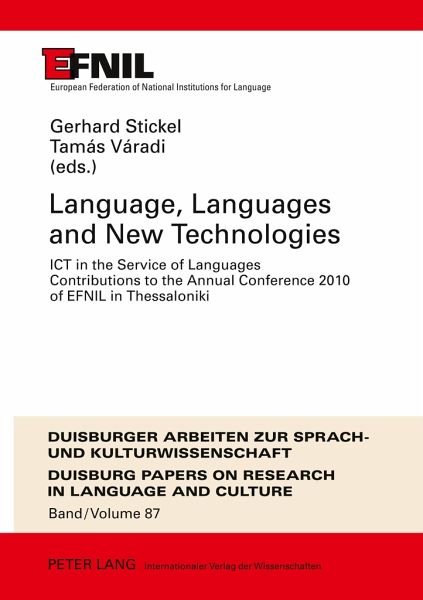
Language, Languages and New Technologies
ICT in the Service of Languages- Contributions to the Annual Conference 2010 of EFNIL in Thessaloniki
Herausgegeben: Stickel, Gerhard; Varadi, Tamás
Versandkostenfrei!
Versandfertig in 6-10 Tagen
68,95 €
inkl. MwSt.

PAYBACK Punkte
0 °P sammeln!
The development of smaller and more powerful computers and the introduction of new communication channels by the interlinking of computers, by the Internet and the World Wide Web, have caused great changes for linguistics. They affect the methods in the various disciplines of pure linguistics as well as the tools and ways of applied linguistics such as translation and interpretation, language teaching, learning, and testing. This volume presents general reflections and overview articles on these new developments by noted experts followed by reports on the concrete uses of information technolog...
The development of smaller and more powerful computers and the introduction of new communication channels by the interlinking of computers, by the Internet and the World Wide Web, have caused great changes for linguistics. They affect the methods in the various disciplines of pure linguistics as well as the tools and ways of applied linguistics such as translation and interpretation, language teaching, learning, and testing. This volume presents general reflections and overview articles on these new developments by noted experts followed by reports on the concrete uses of information technologies for linguistic purposes in different European countries and at the European Parliament. A discussion of another important linguistic issue is added: the various uses of the highly symbolic term national language.



